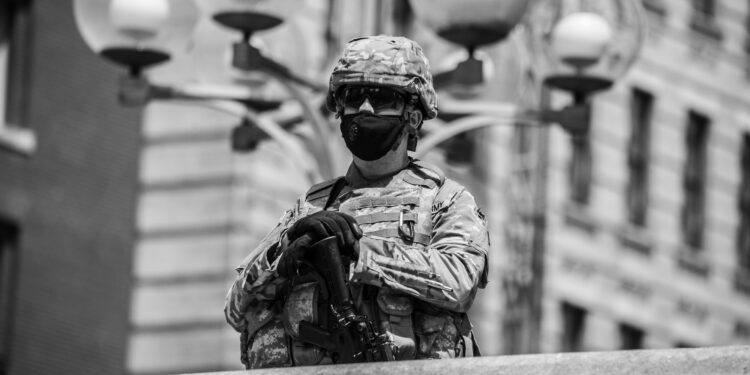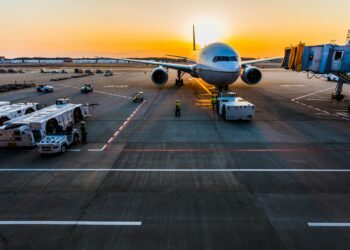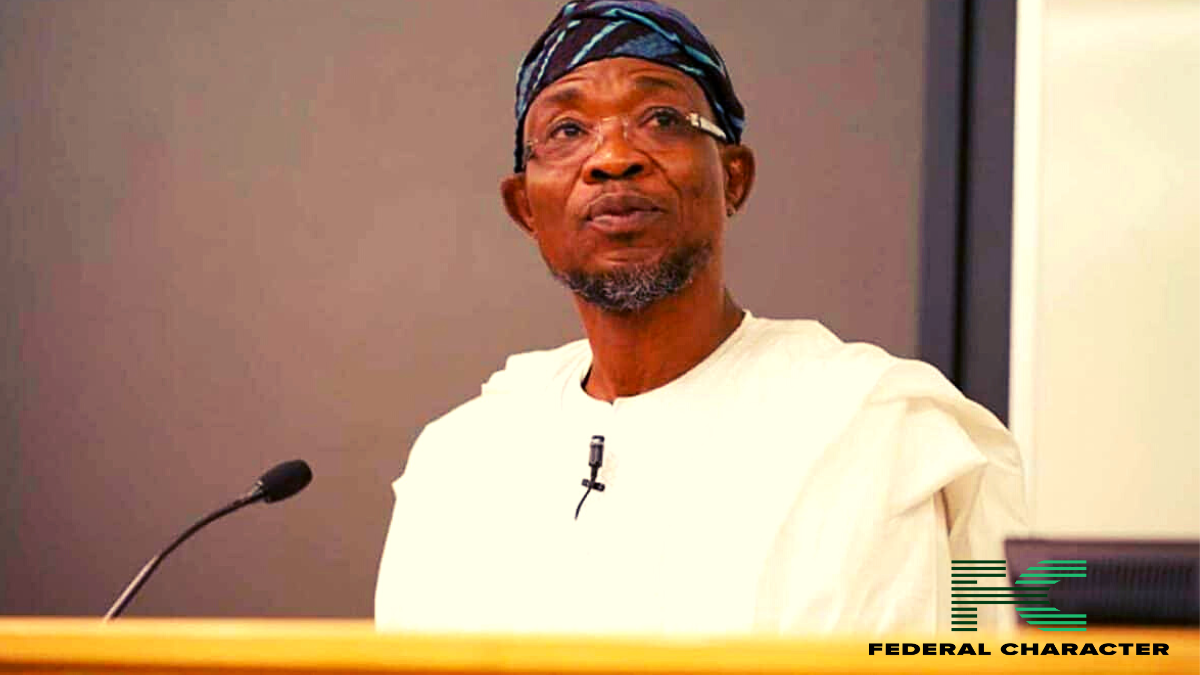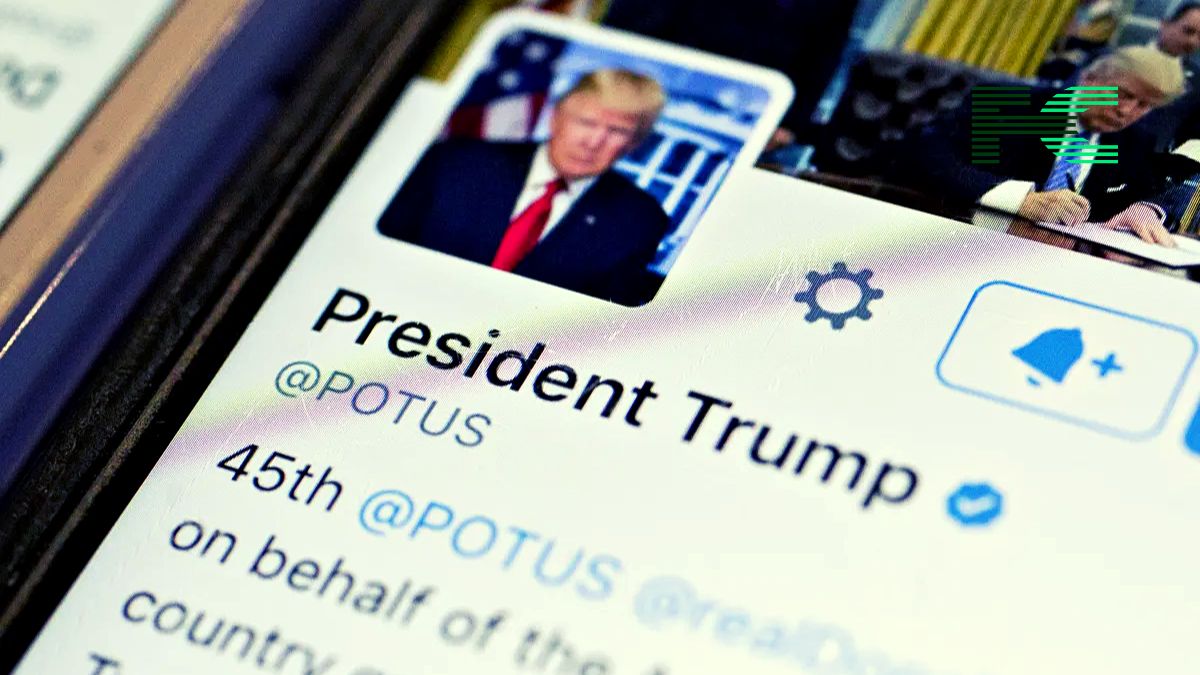In a brazen act of violence that has shattered the security bubble surrounding the nation’s capital, two National Guard members are fighting for their lives after being ambushed and gunned down just two blocks from the White House in what officials are calling a “targeted shooting.”
The shocking attack unfolded in broad daylight at the busy corner of 17th and I Streets, turning a routine lunch-hour patrol into a scene of carnage and panic. According to law enforcement, a lone suspect “came around the corner” and “immediately started firing,” striking the two soldiers from the West Virginia National Guard in a sudden, violent assault.

“The soldiers were brazenly attacked in a horrendous act of violence,” FBI Director Kash Patel announced, confirming the agency is treating the incident with the highest priority.
In a dramatic response, fellow National Guard members who heard the gunfire reportedly intervened, subduing the gunman and holding him until police arrived. The suspect, identified by the Department of Homeland Security as an Afghan national named Rahmanullah Lakamal, was shot multiple times during the confrontation.
The incident has triggered a fierce political firestorm, with President Donald Trump vowing from Mar-a-Lago that the alleged attacker would “pay the steepest possible price” for what he labeled “an act of evil, an act of hatred and an act of terror.” The President immediately connected the attack to immigration policy, demanding a full review of every Afghan admitted to the U.S. after the 2021 withdrawal.
The shooting prompted an immediate security lockdown, including a temporary grounding of flights at Reagan National Airport, and has cast a dark shadow over the city just before the Thanksgiving holiday.
Why It Matters
The fact that uniformed National Guard members can be “ambushed” and left in critical condition just steps from the White House reveals a stunning vulnerability in the heart of Washington D.C.
The immediate and predictable political battle over immigration and vetting procedures has already begun, but it obscures a more terrifying question: how did security in the most protected square mile in America become so porous?
This attack proves that the National Guard’s high-visibility patrols have made them targets, not deterrents. While politicians in both parties rush to offer “thoughts and prayers,” the two soldiers fighting for their lives are the ultimate price for a security strategy that has clearly and dangerously failed.

















